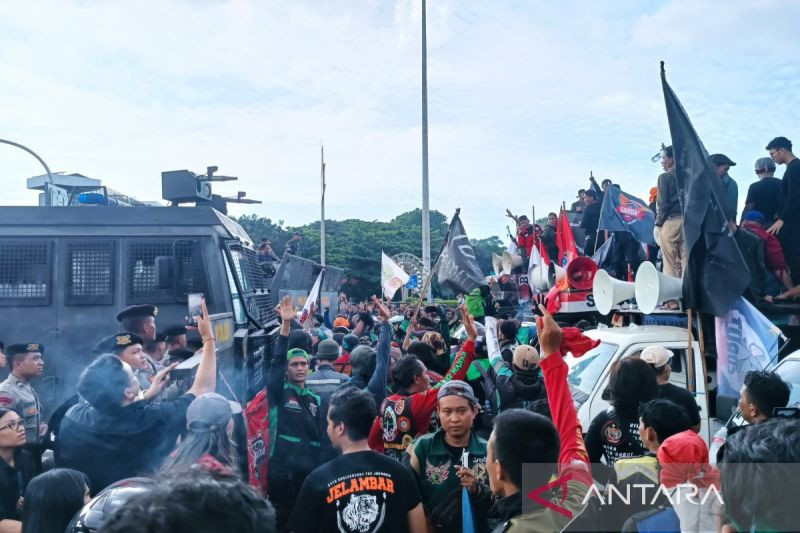Popular Reads
Top Results
Can't find what you're looking for?
View all search resultsPopular Reads
Top Results
Can't find what you're looking for?
View all search resultsFixing governance in Indonesia’s start-up economy
Indonesia must face an uncomfortable truth: our oversight system has failed, and our governance culture remains dangerously thin.
Change text size
Gift Premium Articles
to Anyone
N
ot long ago, Indonesia’s homegrown tech champions were hailed as the pride of the nation. Unicorns like Gojek, Bukalapak, Tokopedia and eFishery were held up as proof that Indonesia could build its own Silicon Valley. They were celebrated in campaign speeches, used as case studies in business schools and showcased at international forums as symbols of the country’s digital leap.
Yet the mood has shifted. In recent months, scandal after scandal has shaken this narrative. TaniHub was embroiled in a money-laundering case. eFishery faced revelations of double bookkeeping. Governance questions surrounded Telkom’s venture arm, MDI Ventures. Even Investree, once a fintech darling, fell under Financial Services Authority (OJK) sanctions for irregularities. Many are asking: Can Indonesia still trust its own tech darlings?
The stakes are high. If local start-ups lose legitimacy, investors may pull back, users may flock to foreign platforms and regulators may respond with heavy-handed rules that stifle innovation. To prevent this, Indonesia must face an uncomfortable truth: Our oversight system has failed, and our governance culture remains dangerously thin.
These scandals were not accidents of technology but failures of governance. At the most basic level, internal controls were weak. Many start-ups embraced a “growth first, governance later” mentality. Independent commissioners existed on paper but lacked authority. Audits were perfunctory, and whistleblowers had little protection.
In the eFishery case, revelations of dual accounting not only rattled investors but also shook farmers who depended on its platform. One farmer in West Java told local media that he feared “the app we trusted for feed and financing might collapse,” showing how governance failures trickle down to ordinary people.
Investors, too, share responsibility. Venture capitalists, both local and global, poured money into gross merchandise value (GMV) and user growth, often without scrutinizing financial integrity. State-linked funds like MDI Ventures raise even deeper alarms. When state-owned enterprise money is invested, lapses are not just corporate missteps but failures of public accountability.
Compounding these problems is fragmented regulation. Start-ups sit awkwardly between different authorities: fintech under the OJK; e-wallet and digital banking under Bank Indonesia and the OJK; e-commerce under the Communications and Digital Ministry; agritech under the Agriculture Ministry; fisheries under the Maritime Affairs and Fisheries Ministry; and competition under the Business Competition Supervisory Commission (KPPU). No one sees the whole picture. This patchwork oversight creates loopholes where misconduct thrives.



















